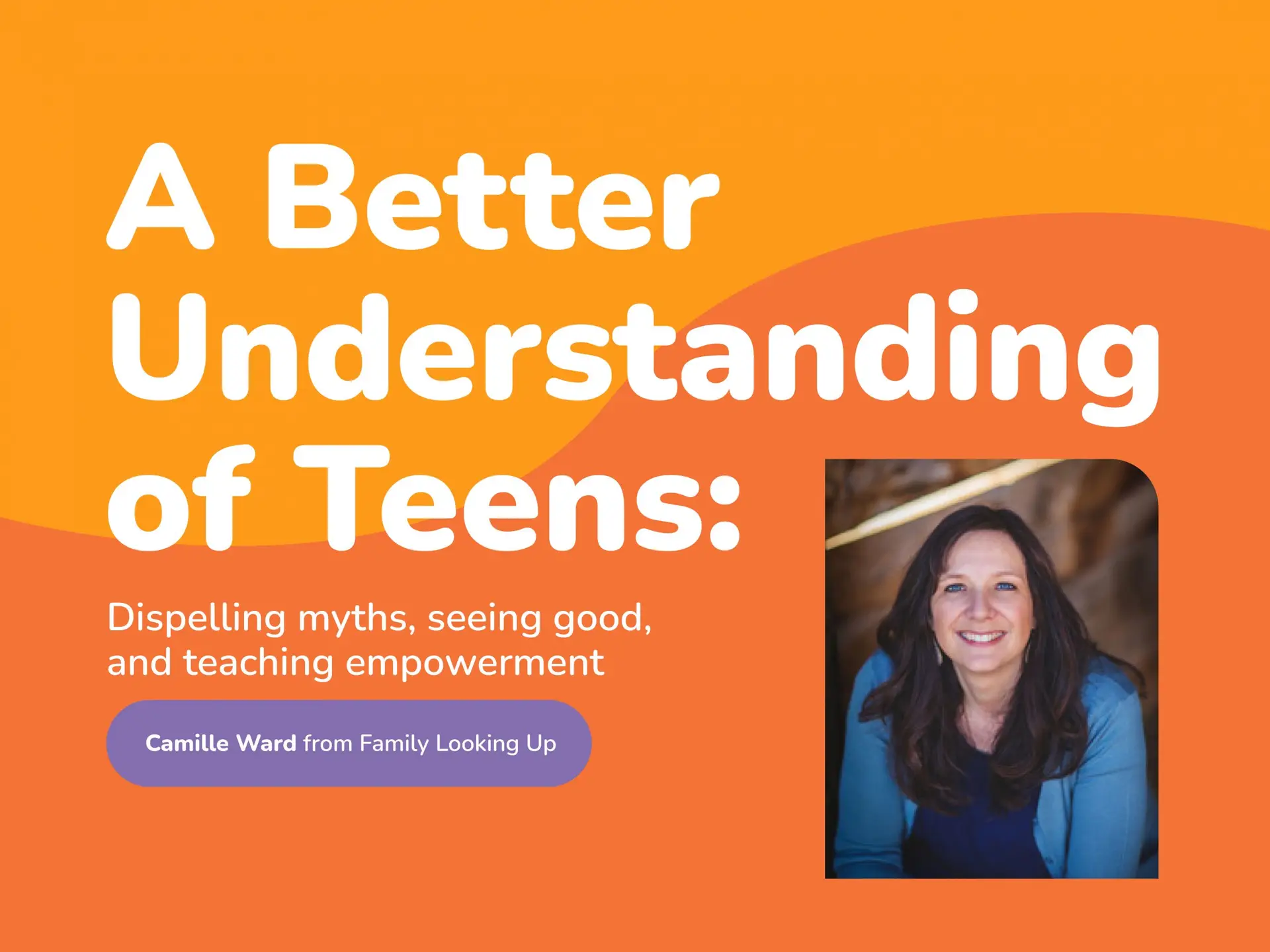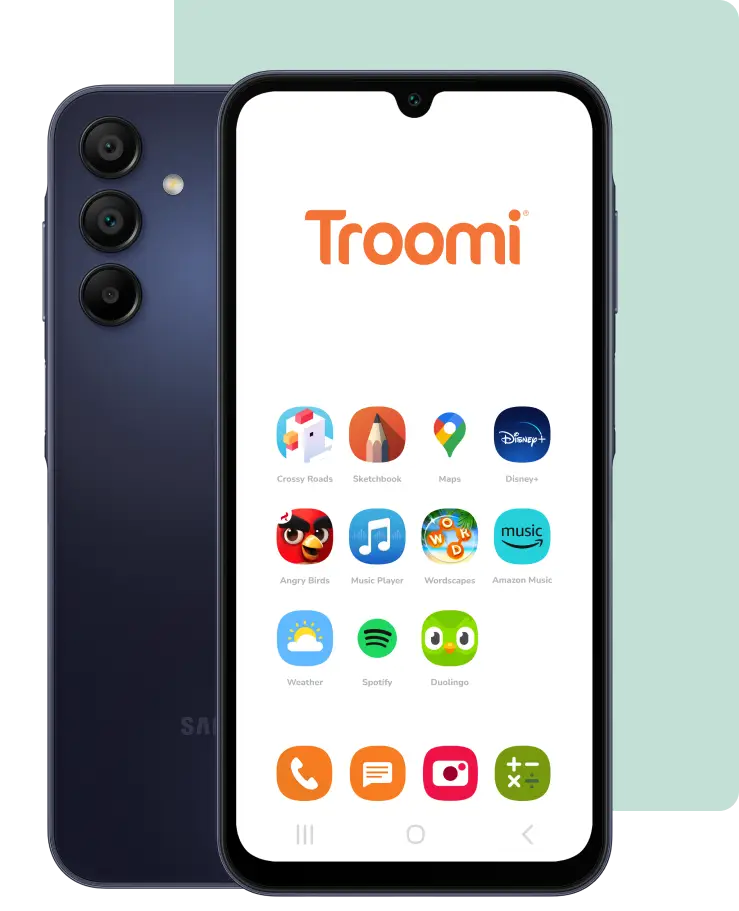Parenting asks a lot of us at every stage, and teenagers can be especially intimidating and challenging. The difference between parenting teenagers and parenting toddlers is that a teenager’s consequences for bad behavior can be life-altering.
No pressure, right?
Any parent’s worst nightmare is an out of control teen making adult decisions (which bring adult consequences) while using the logic of a toddler. It happens. And it happens to really good parents who have done everything right. And that, my friends, is a sobering thought.
The Myths and Truths Of Teenage Behaviors
The media, and much of the world around us, would have us believe that all statistics point to teens being more troubled than ever before, more lazy, more addicted, less driven, less intelligent, more disrespectful, and less able to grow up than ever before in history. A quick google search of the (possible) negative attributes of teenagers pulls up a plethora of articles that makes the strongest parents quake in their shoes.
I have never understood why most of the media tends to focus on the negative aspects of teenagers in society. For every sad story there are hundreds of happy ones. From my perspective, teens are really doing quite amazing, overall. Yes, there are many that are struggling; there always will be. The point is that there are so many who are soaring!
In an article on Good News Network, speaking about the bad rap that teenagers tend to carry with them it says, “Statistics tell an optimistic story. From smoking and drug use to unwanted pregnancies and abortions, the trends today show most teenagers making good choices. They are even volunteering in their communities more than ever before.” The article focuses on 6 areas where teens today are doing better than the generation before them. Those areas are: Smoking, drunk driving, drug abuse, unwanted pregnancy and abortion, graduation rates, and percentages of youth who volunteer.
I have spent many years working with teenagers in leadership capacities through church as well as parenting my own teens. I have been astounded by the strength of the teenagers I have spent time with. In a society that is filled with negative messages and temptation around every corner, many of the teens of today have wisdom and perspective that defies their young age.
The Hard Truth About Anxiety In Today’s Teens
Unfortunately, despite the positive upswing in teenage behavior discussed above, teens are experiencing higher rates (than ever before) of anxiety and depression. Dr. William Stixrud and Ned Johnson are the authors of the book “The Self Driven Child.” A shocking statistic they reference in their book is that “adolescents and young adults today are 5 to 8 times more likely to experience the symptoms of an anxiety disorder than young people in earlier times, including during the Great Depression, World War II, and the cold war.”
As a parent I am shocked by that finding! How is it possible that kids’ emotions are suffering more now than they did during times of war, times of national depression, and times of great fear? According to Dr. Stixrud and Mr. Johnson, it comes down to young people feeling “a healthy sense of control” over their own actions and, ultimately, their lives. All people feel more optimistic when they feel like their actions can make a difference and they have control over those actions. Agency, it appears, is key for kids to learn to thrive and self-motivate.
It’s an ironic twist for parents to find that in hounding kids to have their homework done and enrolling them in every sport, musical lesson, and other extra-curricular activity to “keep them busy and out of trouble,” we are over-stressing our kids and leading them down a road to anxiety and an inability to self-drive when it really counts. According to their book, that sense of control is why “the kid who decides on his own to do his homework (or not) or to study for the SAT (or not) will be happier, less stressed, and ultimately more capable of navigating life.”
The False Assumption Parents Have Concerning Empowerment
One of the false assumptions that parents often make is the idea that if they don’t drive their child to excel in school (football, piano, dance…) that the child will be crippled and unable to excel in life. Studies show that this assumption is not only false, but that it produces the opposite effect (in the long run) of what parents intend. Anxiety, depression, an over-stimulated sense of perfection, and/or apathy are often the end result of such control and never-ending stress of that child’s life.
Why It Matters
Looking at parenting from this perspective does lead one to understand better why kids are suffering from higher depression and anxiety than previously. It also explains why young adults, now more than ever, are failing to launch past Mom and Dad’s basement.
I highly encourage parents to read the book “The Self-Driven Child.” As I read it, I felt like so many societal trends make more sense to me, that so much of the pressure I have felt in the past to “get it right” is alleviated. Now I feel like I have better tools to help my child navigate this life.
I co-host a podcast, called Family Looking Up, with two other moms. Between the three of us we have 15 kids from the ages of 3 to 21. We each rely heavily on laughter as a coping mechanism to get through the days that seem like weeks and the weeks that seem like years. In each episode of the Family Looking Up Podcast we usually interview an expert on a parenting topic, but occasionally we take on a topic ourselves, sharing our experience and ALL of our failures to help you know that you are not alone! In some of the 200 plus episodes we have released, we have had the opportunity of talking with incredible guests on the topic of teens. One such interview included the authors referenced above, William Stixrud and Ned Johnson. If you’d like to hear more of their findings on teens and how to help them be self-driven, you can listen here.
Three Things Parents Can DO
As parents, if we make a conscious effort to do these three things, we will gain a more positive relationship with our teens:
- Take a step back and give our teens the space to make their own day to day life decisions (including what extracurricular things to do). In doing so, I believe that we will be surprised at many of the decisions they make. Though it is true that some decisions (like procrastinating their homework) will drive us crazy, they must learn on their own how to choose better next time. By doing this, their anxiety decreases as they learn the ability to self-drive when it really counts.
- Practice saying 7 positive comments to our teen for every 1 negative. Most of us would be shocked to hear how many negative things we say to our teens versus positive. Anxiety and depression tendencies will be helped enormously if we are willing to use positive and encouraging dialog with our teens far more than frustrated and discouraging dialog.
- Listen more than lecture. Though it is true that parents have a wealth of life experience and knowledge, we won’t have a willing audience to hear us if all we usually do is talk at them. Listening instead of talking (even when we think we know all the answers) helps a teen to see their parents in the light of someone they can confide in rather than fear. As teens feel actual emotional support from their parents, they are not only more likely to come to them for advice, but actually use their agency to follow that advice of their own accord.
Though it may be true that teens come with their own special set of challenges, I truly believe that they also come with abundant abilities, laughter, and goodness. As we use these tools to improve our understanding of our own teens we will see our relationships with them improve, their happiness at home increase, and their ability to thrive in life enhanced.


